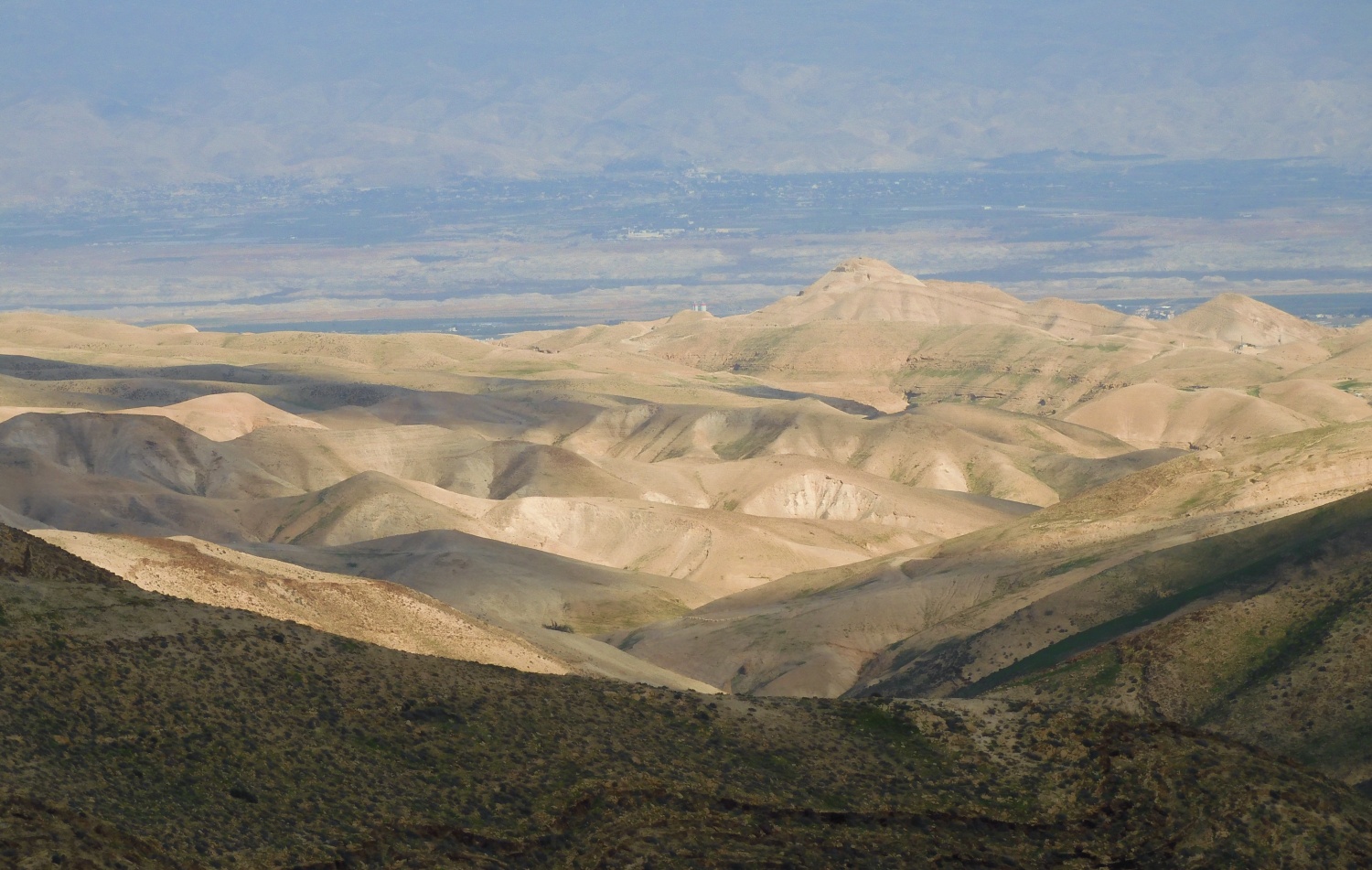The word of God came to John son of Zechariah, in the wilderness. He went through the whole Jordan district proclaiming a baptism of repentance for the forgiveness of sins, as it is written in the book of the sayings of the prophet Isaiah: A voice cries in the wilderness:
Prepare a way for the Lord, make his paths straight. Every gulley will be filled in, every mountain and hill be laid low, winding ways will be straightened and rough roads made smooth. And all mankind shall see the salvation of God. (Lk 3:1-6)
Luke likes to put the story he is telling about Jesus in the context of world history. From his account of the political leadership in power when John the Baptist, a kinsman of Jesus, started his preaching, we know that they were both about the age of 30 when they emerged on the public stage.
A little private part of us believes we never really grow up. Despite all our experience we have a sense of a continuum of identity from our earliest memories. Even if ‘I have changed beyond recognition’ we do recognise the I who has changed. And then there are our issues, our interests, problems, fantasies and fears. These can be managed better or get camouflaged as we mature but are essentially ineradicable. They were instilled by both our genes and our earliest environment and emotional experiences. The turning points in our personal history, whatever is going on in the world around us, is how we hear our own personalised call and how we respond.
John the Baptist is the last of the old-style prophets. In modern caricature he is funny – funny as weird not humorous. He would be depicted as half-naked with dreadlocks, eating insects and honey and shouting at people on the platform as they wait for the morning train that the end of the world is coming because of the degeneracy of the times. Yet in his day he was seen differently. People flocked to him with the most fundamental of all ethical questions: ‘Then what are we to do?’ His reply was simple: share what you have, do not exploit others, do not abuse power, practice integrity.
So far, he is recognisable. We still want to hear what the prophets of our own time have to say even if we find it hard to distinguish the genuine from the false ones, conspiracy theory from the always more nuanced truth. How do we ever learn to trust again? Maybe by the other thing he told them to do: repent and ask forgiveness for our sins. And how do we remember what repentance and sin really mean without becoming guilt-ridden or self-righteous about our being repentant and converted? Perhaps by remembering why the Cloud of Unknowing says that ‘this work (of meditation) ‘dries up the root of sin within us’.
There is a certain sadness and end of an era feel about this intense, doomed and prophetic young man, touched by the word of God and driven out to preach in the Jordan Valley. But he is marginal in another way too. Only a step away from him is someone, actually a younger relative with another kind of charisma, that people will one day say himself embodies the Word of God and whom to know even a little means being changed (almost) beyond recognition.





